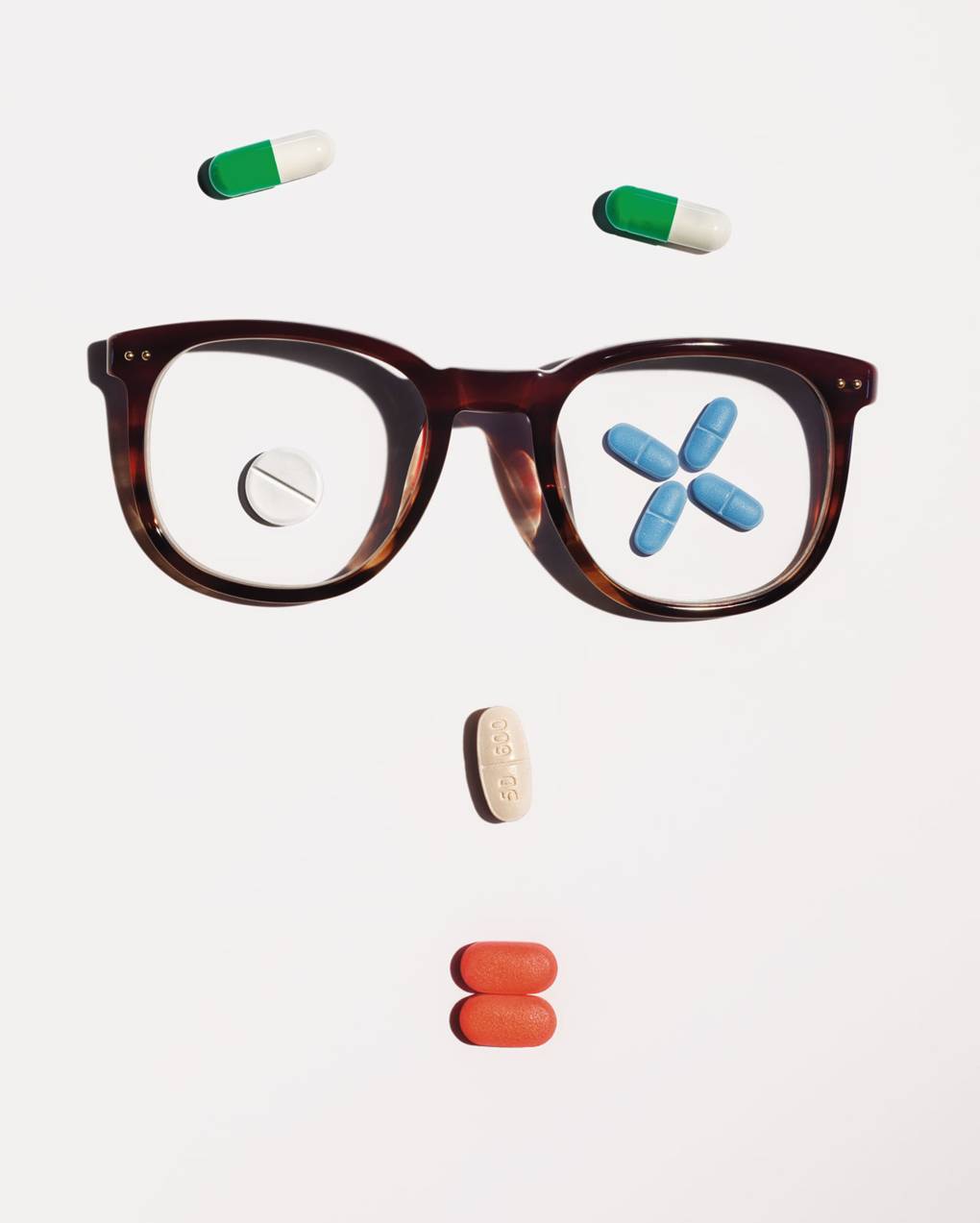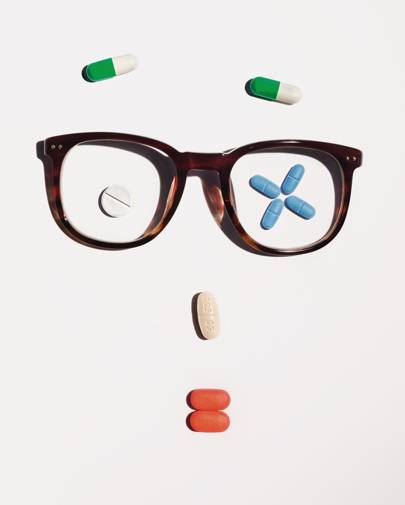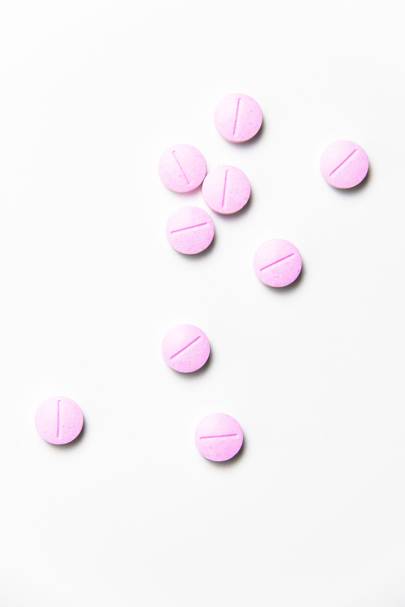Learn about brain health and nootropics to boost brain function
Nootropics Are The Latest Wellness Obsession, But Can They Really Make You Smarter?


A supplement that claims it can give mental clarity, laser-sharp focus and long-lasting energy sounds like the stuff of science fiction movies. But as fantastical as so-called "smart drugs" may seem, there's a quiet revolution going on in wellness that claims to solve your 4pm energy slumps once and for all.
"Interest in nootropics is starting to slowly build," said Shabir Daya, co-founder and head pharmacist at Victoria Health. "The science is not necessarily new, but people are starting to embrace them more." Nutritionist Alice Mackintosh echoed the sentiment, saying: "In the UK, I think we're only at the beginning of their popularity, and it's growing."
First things first, a nootropic is any substance which can boost cognitive function and energy. "They can be any compound, natural or synthetic," explained Daya. Lots of things could technically be classed as a nootropic, including your morning flat white. "Caffeine is probably the oldest and most widely consumed nootropic," said GP Dr Martin Saweirs. "Then you have your prescription nootropics, which are the kinds of medications you might be given for ADHD, or something like modafinil."
But the kinds of nootropics currently making waves are more likely to be found in a health boutique than a doctor's office. Extracts such as Lion's mane, Siberian gingseng, ashwagandha, goji berry and cordyceps mushroom are being uprooted from ancient wisdom and finding a home in modern supplements and boosters. Acolytes claim that they offer an energy lift and greater concentration without the "crash" associated with energy drinks, or the disruption to sleep that caffeine brings. Like many wellness movements, this wave can be traced right back to Silicon Valley. "They work hard and play hard out there, and the people who work in these environments are always looking for something that can help them maximise productivity," explained Mackintosh. "There's this culture around 'hacking' things, from sleep to efficiency to energy."

A natural nootropic is the perfect overlap between our collective desire for "busy-ness" and the pull of holistic healthcare. "For busy, on-the-go people in high powered jobs, they're very appealing," added Mackintosh, whose Equi line of supplements has the nootropic Original Formula with ashwagandha. "Ashwagandha is an adaptogen, which means it can help your body resist the effects of stress somewhat. There's research which suggests it can help reduce the production of cortisol, the stress hormone, while something like magnesium is proven to help relax muscles."
If you can't imagine going without your daily cup of coffee, why not switch to a nootropic version? Four Sigmatic makes Mushroom Coffee with Lion's Mane and rhodiola, which Mackintosh noted as a potent adaptogenic. Form Nutrition has two options in pill form: Edge, with B Vitamins and gingko biloba, and Boost with theanine, which is thought to release calming amino acids, and caffeine. Daya's favourite? Neubria Spark. With Co-Enzyme Q10, which Daya noted provides energy, and brain-friendly magnesium and turmeric, it's tailored for those who need help with focus and recall. "Turmeric is generally good for circulation, and so that improved oxygenation it can provide to the brain is very useful," he added.

Both Daya and Mackintosh noted that not everyone needs a nootropic, and that they're not necessarily to be taken daily and indefinitely. "I think they can be part of an overall strategy to manage stress, but that strategy also needs to look at diet and your lifestyle. A nootropic might be helpful for say, an exceptionally busy period like Christmas where you're both working hard and socialising a lot," offered Mackintosh. Besides, as Daya explained, your mileage may vary: "Some people feel a very direct energy hit and feel that kind of fizz, but others don't."
The million dollar question is of course, do they actually work? "If you look at a prescription substance like modafinil or ProVigil, we can't actually explain why that works," said Dr Sawiers. "It's similar with these over the counter supplements in that many people report benefits, but we can't always explain why. That's not to say it's something to be concerned about, as for example, we don't really know how paracetamol does what it does." There is robust evidence into guarana, theanine and magnesium, for example, and while there are potential links for many of the other extracts, like Lion's Mane and rhodiola, research is still in its infancy.
"I think it's fairly unlikely that a company would ever pay for a big clinical trial into some of these extracts," said Daya. "They're expensive, and you can't patent a herb, so the incentive is low." Of course, that's unlikely to impede their popularity, as the global supplement market is projected to be worth some £218 billion by 2024, while alternative medicines are tipped to reach the £164 billion mark by 2024. "Most over-the-counter options bought from a reputable retailer are unlikely to cause you any harm, but you should always check with your GP before trying them as there may be interactions you're not aware of," cautioned Dr Sawiers.
There are many indignities of the human condition, and tiredness, crankiness and brain fog are but a few of them. In lieu of a good night's sleep and a good work-life balance, a daily dose of ashwagandha is probably a better alternative than reaching for something chocolate-covered when your energy dips – but there's no alternative for holistically healthy lifestyle.
Click here to view full article